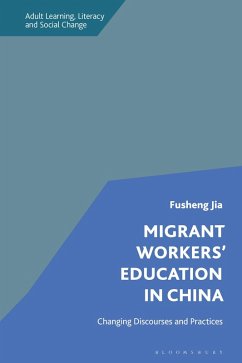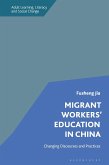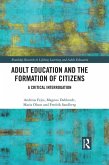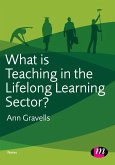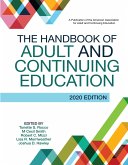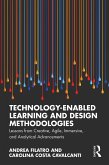Based on an extended period of ethnographic research and observation of migrant workers' educational programmes, this book presents a theoretical exploration of social and educational issues in an industrialised area in south China. It highlights the tensions existing between the traditional ideology stressing collectivism, selfless devotion and teacher-centred teaching, and the new social practices promoting commercialization, personal development and interactive teaching. The author provides first-hand descriptions and analyses of rural-urban migrant workers' lives, work and education. He develops the ethnographic approach by analysing the tensions and contradictions in the implementation processes of educational policies in the region.
The book argues that the educational programmes, which focused on elite workers to support the development of industrialization and urbanization projects, assisted migrant workers as students in promoting their aspirations. However, this also stratified migrant workers, thus increasing gaps in socioeconomic status and professional development. Education policy design and implementation are observed as a dynamic process, thus contributing to a nuanced understanding of adult education and migration at a micro level.
The book argues that the educational programmes, which focused on elite workers to support the development of industrialization and urbanization projects, assisted migrant workers as students in promoting their aspirations. However, this also stratified migrant workers, thus increasing gaps in socioeconomic status and professional development. Education policy design and implementation are observed as a dynamic process, thus contributing to a nuanced understanding of adult education and migration at a micro level.

